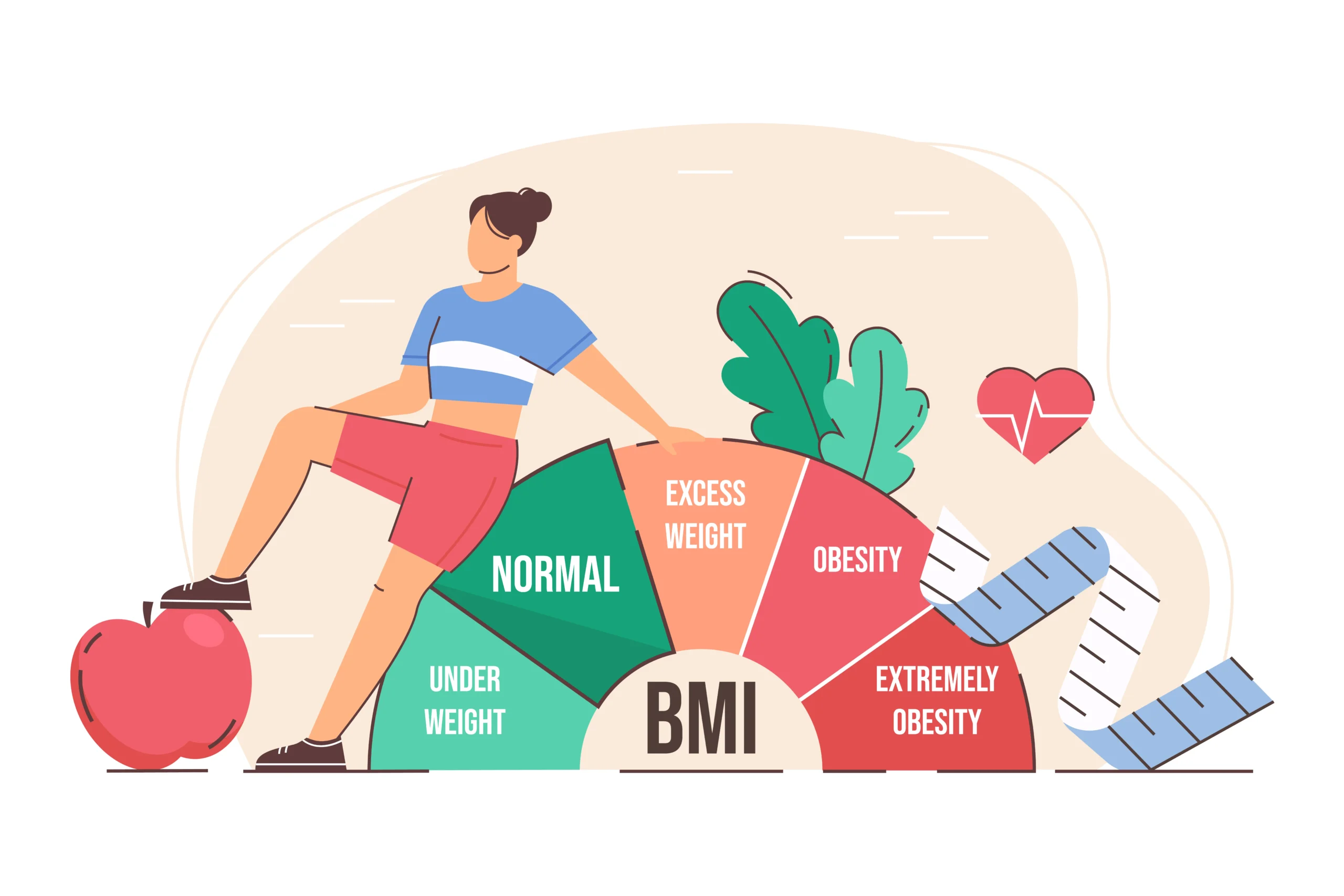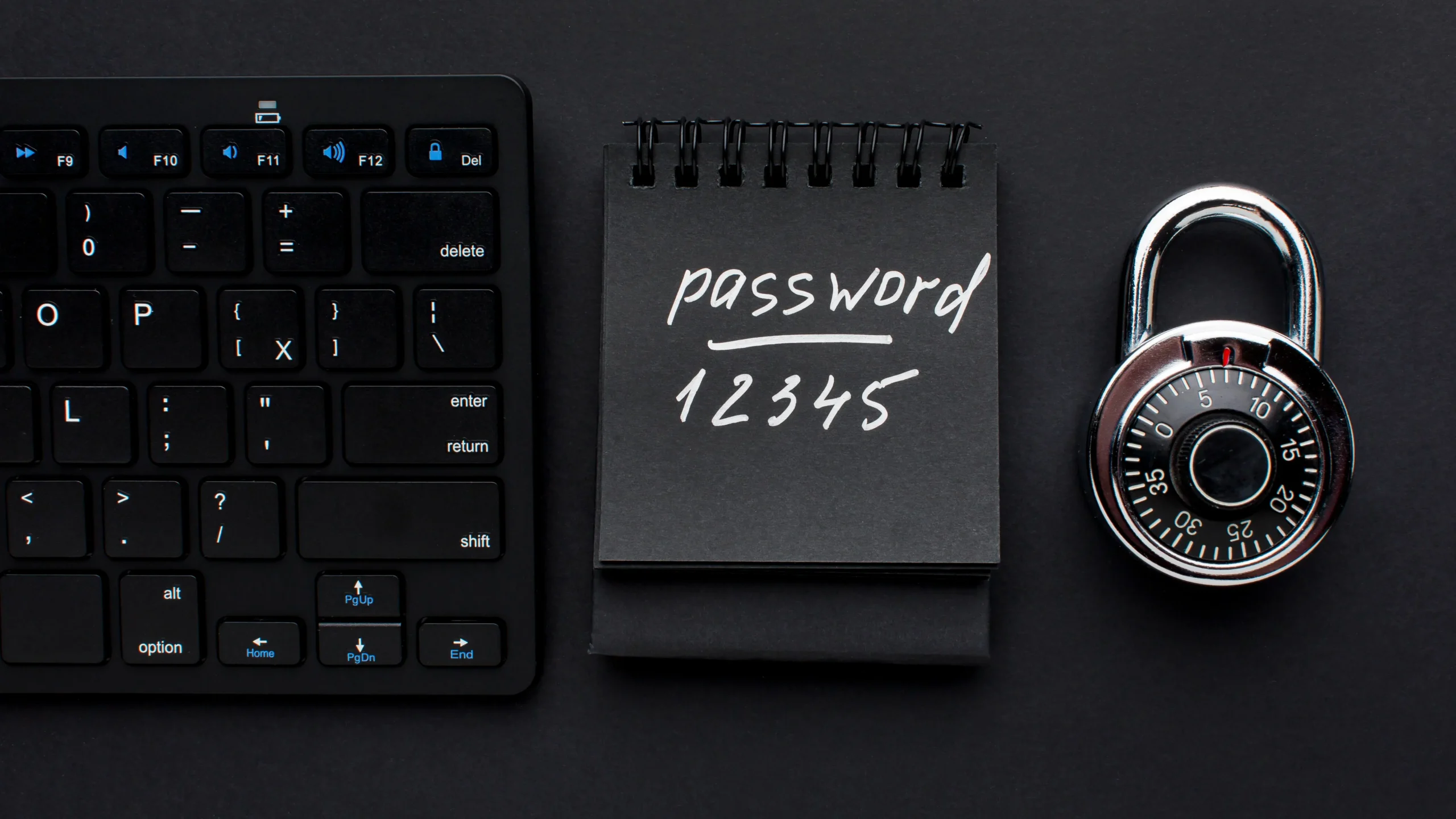Did you know that nearly 1 in 3 adults worldwide are either overweight or obese? Understanding your BMI can be a helpful first step in knowing where you stand health-wise. BMI, or Body Mass Index, is a quick way to determine if your body weight falls within a healthy range. It’s not perfect, but it gives you a good starting point for understanding your health. If your BMI isn’t where you want it to be, don’t worry! With some easy changes in your diet and exercise routine, you can make a real difference. A BMI calculator can help you keep track of your progress, and here are ten easy tips to get you started.
1. Set Realistic Goals
It’s important to set small, achievable goals. For example, losing just one or two pounds a week is a great start. These little milestones can really add up and help improve your BMI over time. A BMI weight loss calculator can also help you stay on track and see how your weight changes impact your BMI.
2. Eat More Whole Foods
Whole foods like fruits, vegetables, whole grains, and lean proteins are great for your body. Not only do they keep you full, but they’re also packed with nutrients that help keep your body running well. This makes it easier to manage your weight and improve your BMI. Plus, using a Free Body Mass Calculator can show you the effect of these healthy choices.
3. Cut Down on Sugar and Processed Foods
Sugary snacks and processed foods can lead to weight gain, which affects your BMI. Try replacing sugary treats with fruits or nuts. This small change can help improve your BMI and overall health. If you’re curious about how your diet affects your BMI, consider using a BMI and calorie calculator to track your intake.
4. Stay Hydrated
Water is your best friend when it comes to weight management. Drinking enough water can boost your metabolism and keep you from feeling hungry all the time. Staying hydrated helps you maintain a healthy BMI, whether you’re using a BMI calculator for adults, men, or women.
5. Control Portion Sizes
It’s easy to eat more than we need, especially when food tastes great. Controlling portion sizes can help you keep your calorie intake in check, which is essential for a healthy BMI. Simple tricks like using smaller plates or eating slowly can make a big difference.
6. Incorporate Cardio Workouts
Cardio exercises like walking, running, or cycling can help you burn calories and improve your BMI. You don’t need to go overboard—even 20 to 30 minutes a day can have a positive impact. Whether you’re using a BMI calculator for men or women, you’ll see the benefits of adding cardio to your routine.
7. Add Strength Training to Your Routine
Strength training helps build muscle, which in turn boosts your metabolism. More muscle means your body burns more calories, even when you’re resting. This is great for improving BMI and muscle mass. Exercises like squats, lunges, and even light weightlifting are good ways to start.
8. Get Enough Sleep
Did you know that lack of sleep can make you gain weight? It affects the hormones that control your hunger, making you want to eat more. Getting enough rest helps you manage your weight and improve your BMI naturally.
9. Be Consistent with Your Exercise Routine
Consistency is key. You don’t need to do intense workouts every day—just stick to a schedule that works for you. Even small activities, like taking a walk after dinner, can help improve your BMI if you keep at it.
10. Track Your Progress
Using a BMI calculator is a great way to see how your efforts are paying off. You can also try a Free Body Mass Calculator to get a sense of where you stand. Tracking your progress not only helps you stay motivated but also lets you make adjustments when needed. If you’re curious about how BMI connects to other factors, like BMI and fertility, keeping track can give you a clearer picture.
Conclusion
Improving your BMI doesn’t mean you need to make big, drastic changes overnight. Start small—eat whole foods, stay hydrated, add a little exercise, and track your progress with a BMI calculator.
A balanced diet and regular exercise are the foundation of improving your BMI and overall health. Eating a variety of nutrient-rich foods ensures your body gets the vitamins, minerals, and energy it needs to function properly. Pairing that with regular physical activity helps you burn calories, build muscle, and maintain a healthy weight. Together, these habits help lower your BMI and reduce the risk of health problems like heart disease and diabetes.Over time, these small steps will help you move toward a healthier BMI and a healthier you. So, keep tracking your progress with a BMI calculator, and remember, every positive change brings you one step closer to a healthier you.



